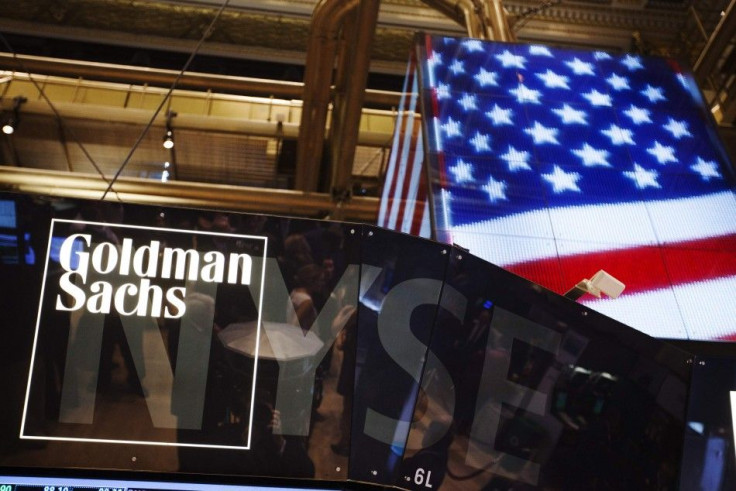US Supreme Court Rejects Ex Goldman Sachs Director Rajat Gupta’s Appeal For Acquittal: To Stay In Jail Until March 2016

The U.S. Supreme Court has rejected an appeal from former Goldman Sachs Group director Rajat Gupta convicted for insider trading. The rejection of appeal means that Gupta will continue his two-year prison sentence. Gupta, 66, was convicted in 2012 of passing illegal tips to Raj Rajaratnam, a co-founder of the Galleon Group LLC hedge fund. He was sentenced to two years in prison and fined $5 million where as Rajaratnam received an 11-year sentence. Both men are in a federal prison in Devens, Massachusetts.
Gupta is a former McKinsey & Co. managing partner and is one of the high profile executives convicted who fell foul with law after a U.S. crackdown on insider trading among hedge funds. He will be released in March 2016. In its rejection of the appeal, the court gave no comments in the one-line order. Gupta’s lawyer, Seth Waxman, declined to comment on the high court’s action.
Arguments Failed
In the new order, the Supreme Court has not disturbed the conviction and the judges too refrained from making any comment on their order. Gupta was convicted for insider trading by feeding lucrative inside tips about Goldman to a billionaire hedge fund owner. Gupta’s argument was that that the trial court failed to take into account the evidence of his good character and other testimony that he lacked any motive to commit the offence. He also argued that his daughter was not allowed to testify about conversations she had with her father about Galleon and Rajaratnam. The Supreme Court had already rejected Gupta’s appeal in a civil case filed by the Securities and Exchange Commission that slapped a lifetime ban on his serving in in any public company as a director.
Material Gain
Prosecutors argued that Gupta received financial benefits for tipping Rajaratnam and he failed to argue the issue in his appeal and cannot raise it now. They said ample evidence has established that Gupta had a powerful, ongoing financial incentive to tip Rajaratnam with material non-public information useful to commit insider trading at Galleon, reported Bloomberg.
In June 2014, Justice Ruth Bader Ginsburg rejected Gupta’s plea to remain free on bail, when he appealed his conviction. Gupta was pressing to have his conviction set aside based on a federal appeals court decision issued in December 2014 that said prosecutors have to show that a defendant received a personal benefit for passing illegal tips.
(For feedback/comments, contact the writer at kalyanaussie@gmail.com)






